Aspen Murray
Aspen has dedicated many hours to engaging Concordians in meaningful reflection and action around sustainability.
As Fairtrade Engagement Coordinator, she developed a holistic program that offers leadership experience to Student Sustainability Ambassadors, hosted dozens of events promoting Fairtrade education, and supported Concordia’s achievement of Fairtrade Campus Silver Status—making it one of only four campuses with this distinction.
Aspen built the Exo-Anxiety Peer Support program from the ground up, seamlessly integrating established frameworks, campus partnerships, and her own PhD work examining the emotional impacts of climate disasters. The group is now on its fourth semester and provides a place to come together and grieve, share experiences,
and navigate pathways forward that make space for hope.
With her strong dedication to community-focused work, Aspen has helped many at Concordia find their place in shaping a more sustainable future for themselves and others.









































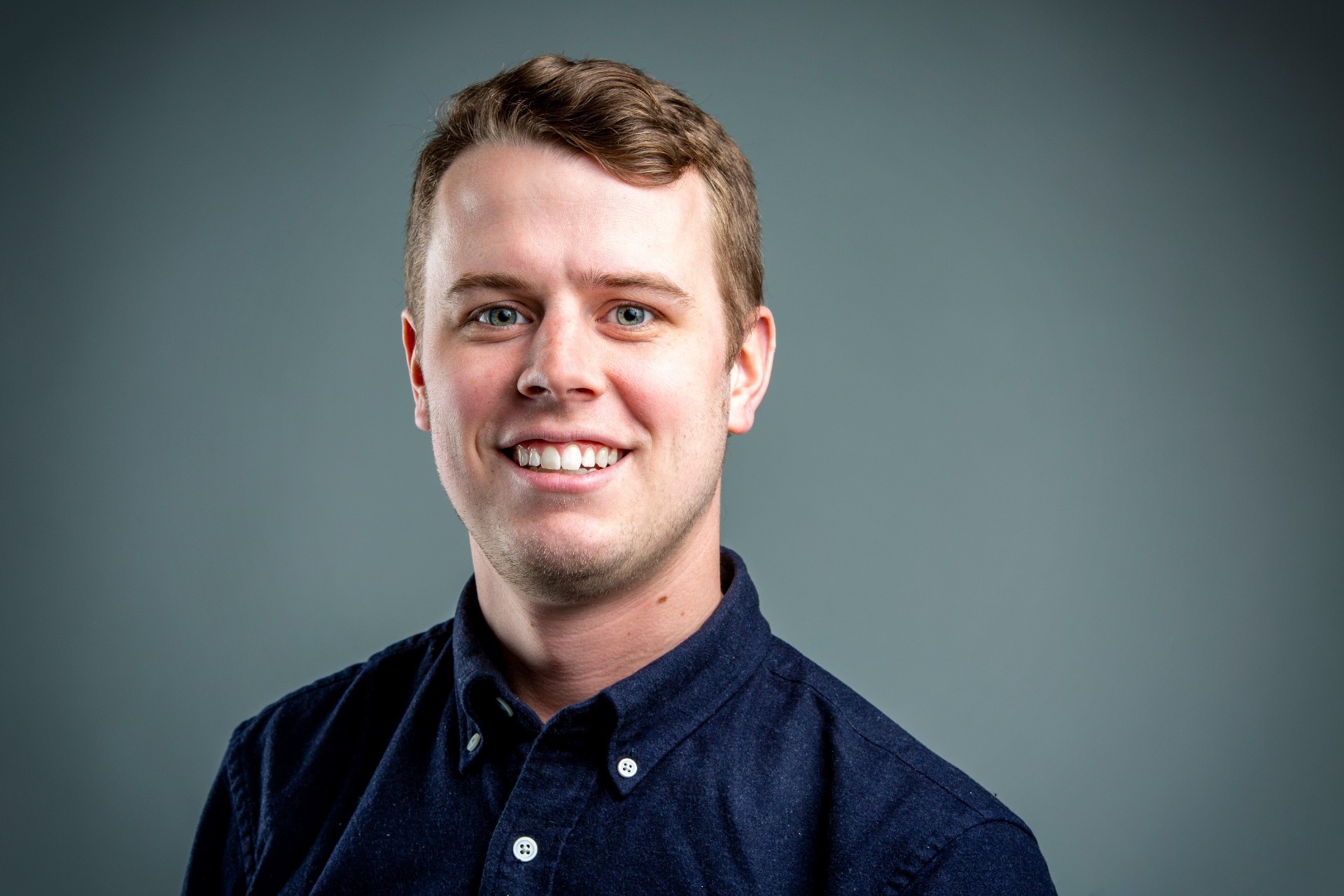



 Photo credit: Annelies Cossens
Photo credit: Annelies Cossens
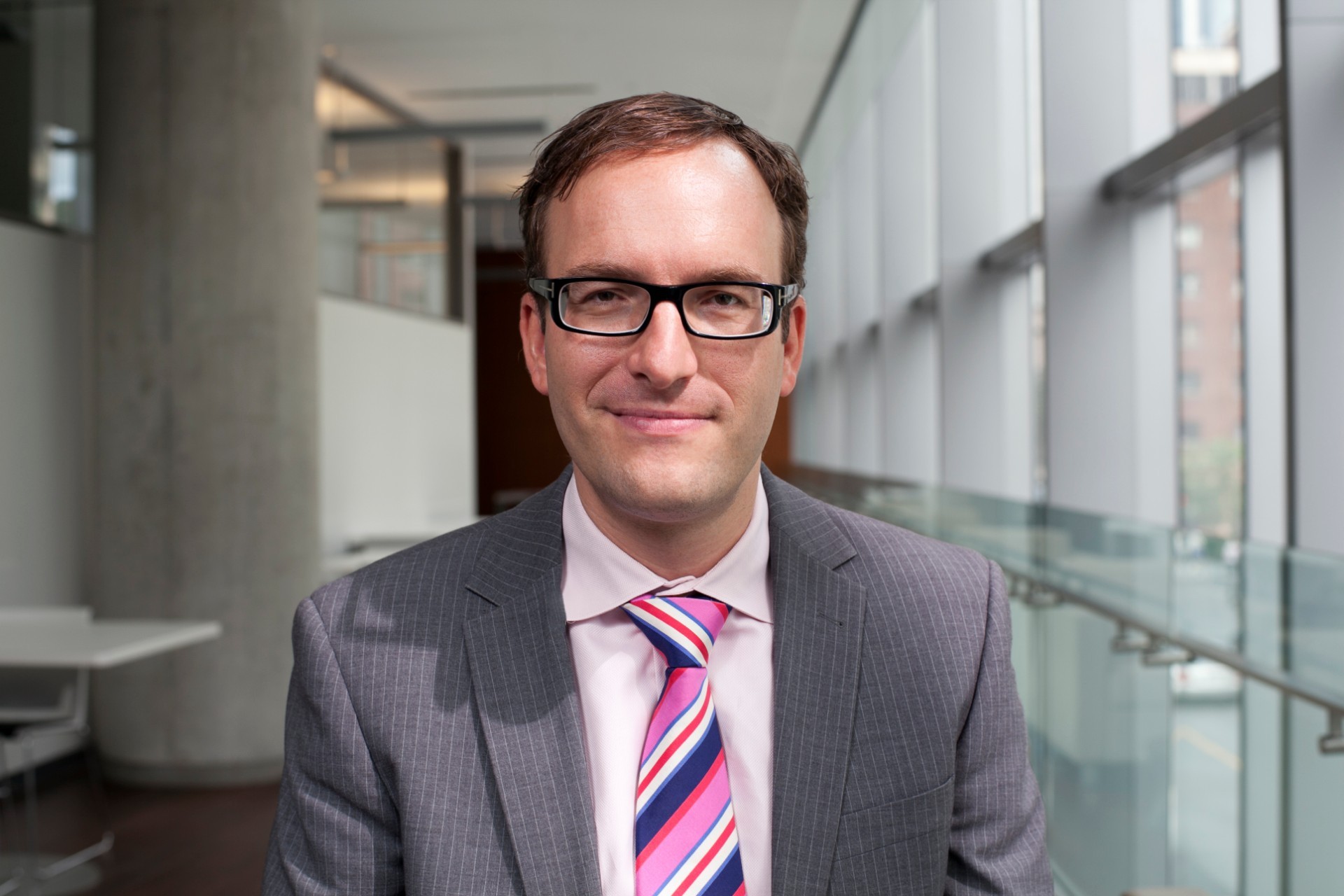

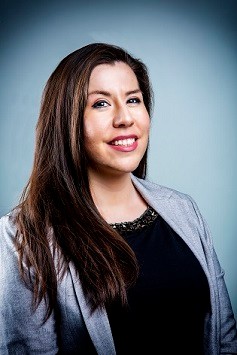
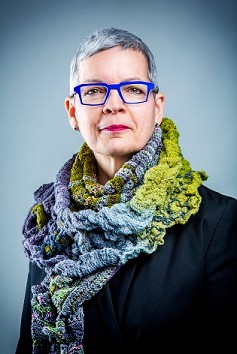
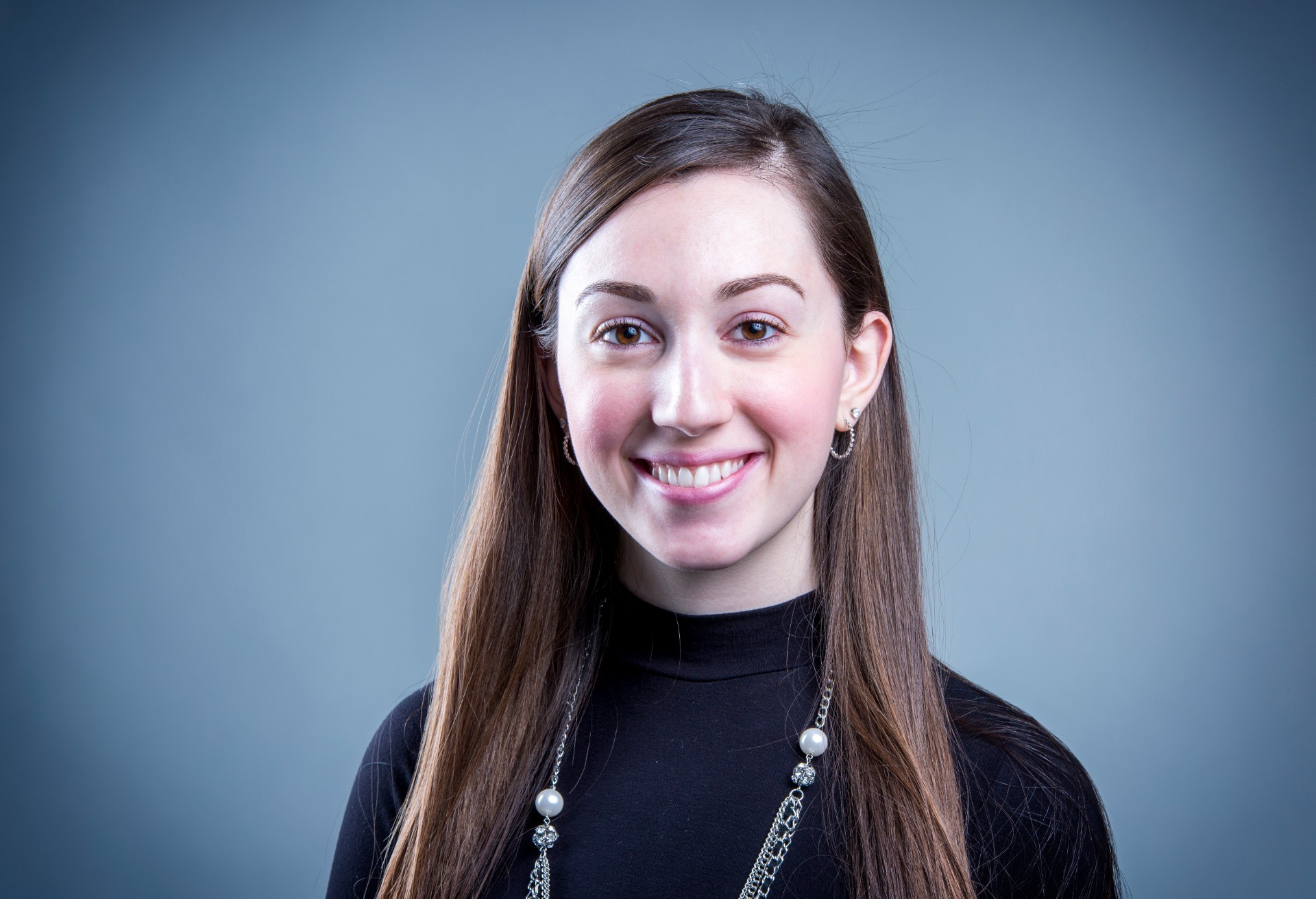

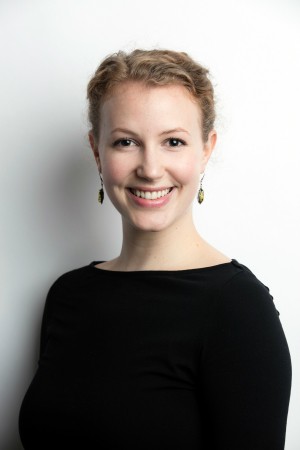




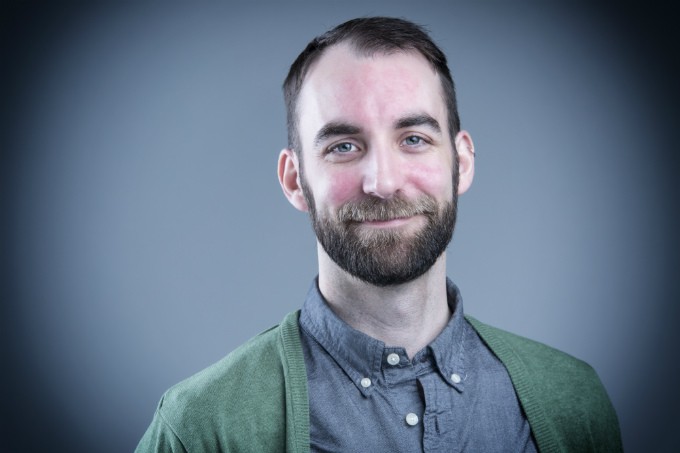

 The Safety and Sustainability Champions who were present to accept their awards in 2016 (from left to right): Benoit-Antoine Bacon, Olivia Oudinot, Michael Banks, the Fine Arts Safety Committee, Keroles Riad, Arlene Zimmerman, Barry Robinson, Sylvie Lacelle and Janis Timm-Bottos.
The Safety and Sustainability Champions who were present to accept their awards in 2016 (from left to right): Benoit-Antoine Bacon, Olivia Oudinot, Michael Banks, the Fine Arts Safety Committee, Keroles Riad, Arlene Zimmerman, Barry Robinson, Sylvie Lacelle and Janis Timm-Bottos.
 The Sustainability Champions who were present to accept their awards in 2015 (from front to back):
First row: Gabrielle Caron, Second row: Dr. James Grant and Renée Obregon, Third row: Micheal Finck and Cody Jacobs, Fourth row: Paige Hilderman, Adan Suazo, Dr. Ricardo Dal Farra and Henry Lemmetti.
The Sustainability Champions who were present to accept their awards in 2015 (from front to back):
First row: Gabrielle Caron, Second row: Dr. James Grant and Renée Obregon, Third row: Micheal Finck and Cody Jacobs, Fourth row: Paige Hilderman, Adan Suazo, Dr. Ricardo Dal Farra and Henry Lemmetti.
 Vandana Shiva was the special guest speaker of the Sustainability Champions Award Gala in 2015.
Vandana Shiva was the special guest speaker of the Sustainability Champions Award Gala in 2015.
 The Sustainability Champions who were present to accept their awards in 2014:
Front row (left) Jessica Cabana, Carmela Cucuzzella and Marie-Pier Breton.
Back row: Rosemarie Schade, Paul Shrivastava, Roger Côté, Sandro Dabaghian, Marie-Josée Allard and David S. Allen.
The Sustainability Champions who were present to accept their awards in 2014:
Front row (left) Jessica Cabana, Carmela Cucuzzella and Marie-Pier Breton.
Back row: Rosemarie Schade, Paul Shrivastava, Roger Côté, Sandro Dabaghian, Marie-Josée Allard and David S. Allen.
 The Sustainability Champions who were present to accept their awards in 2013:
Front row (left) Hannah McCormick, Jackie Martin, Catherine Basa and Anthony Garoufalis. Back row: Peter Stoett, Catherine Mulligan, Amr Addas, Kirsten Sutherland and Brad Poapst.
The Sustainability Champions who were present to accept their awards in 2013:
Front row (left) Hannah McCormick, Jackie Martin, Catherine Basa and Anthony Garoufalis. Back row: Peter Stoett, Catherine Mulligan, Amr Addas, Kirsten Sutherland and Brad Poapst.
 The Sustainability Champions who were present to accept their awards in 2011:
Front row (left) Alex Oster and Laurence Fauteux. Back row: Judith Walls, Gerry Barrette, Gerald Beasley, Yves Gilbert and Martin Racine.
The Sustainability Champions who were present to accept their awards in 2011:
Front row (left) Alex Oster and Laurence Fauteux. Back row: Judith Walls, Gerry Barrette, Gerald Beasley, Yves Gilbert and Martin Racine.
 The Sustainability Champions who were present to accept their awards in 2010: Front row (left) Shelly Elsliger, Jessica Sypher, Svetla Turnin and Kelly Laidlaw. Back row: Arlene Throness, Ezra Winton, Cameron Stiff and PK Langshaw.
The Sustainability Champions who were present to accept their awards in 2010: Front row (left) Shelly Elsliger, Jessica Sypher, Svetla Turnin and Kelly Laidlaw. Back row: Arlene Throness, Ezra Winton, Cameron Stiff and PK Langshaw.